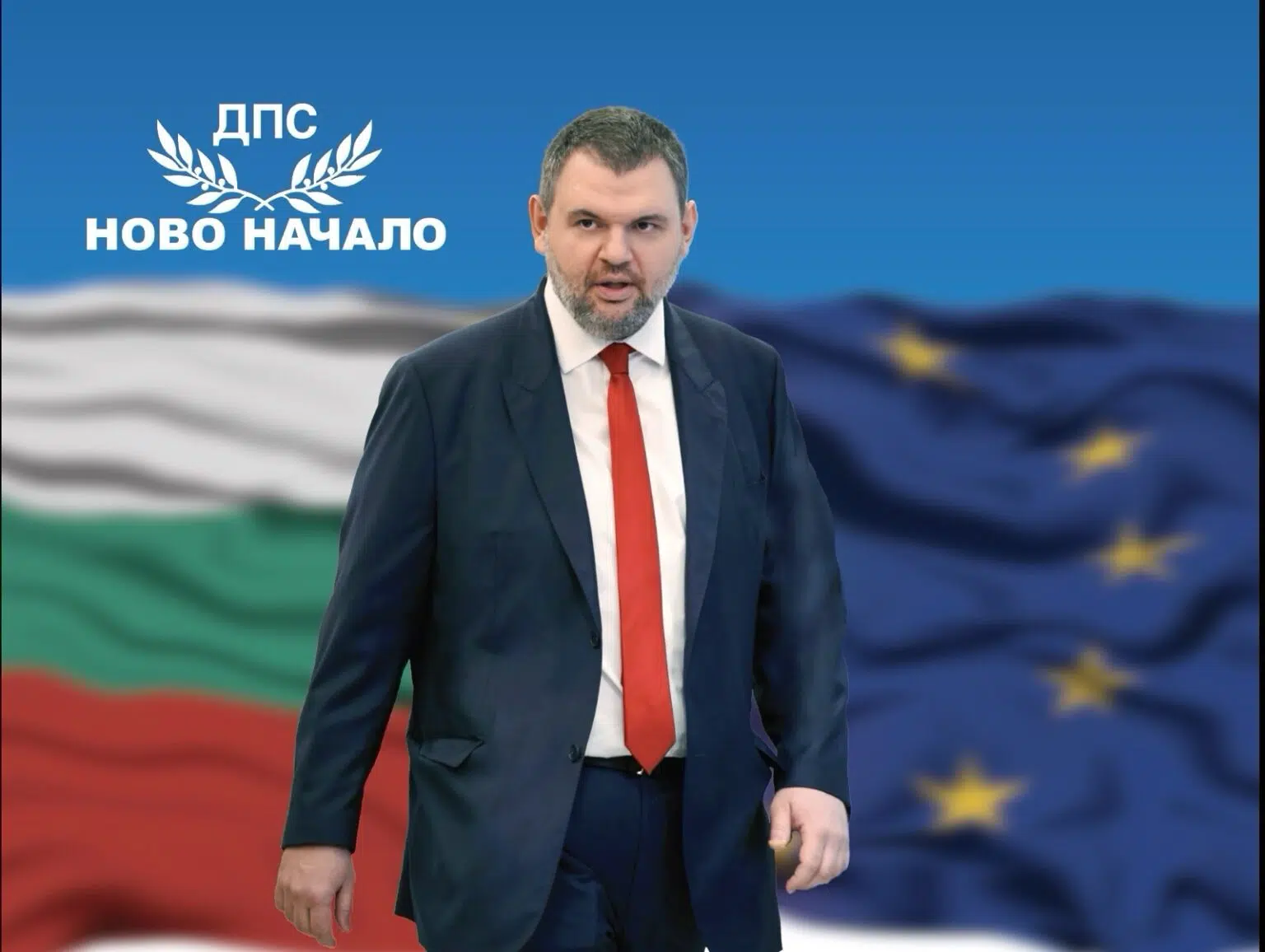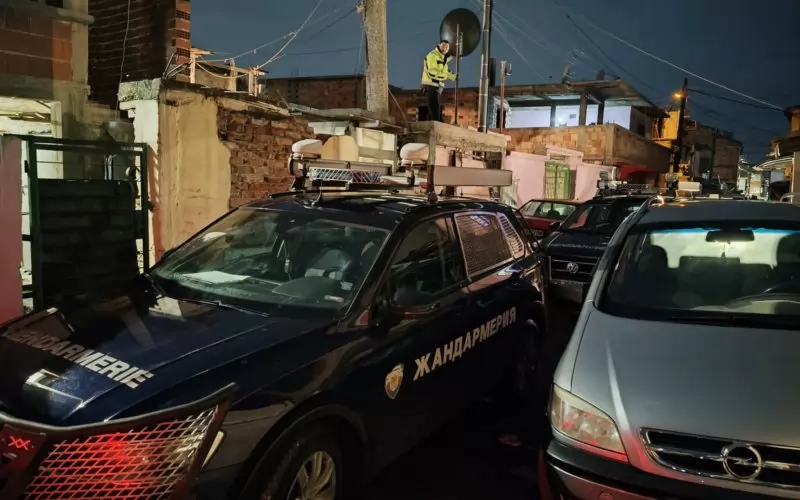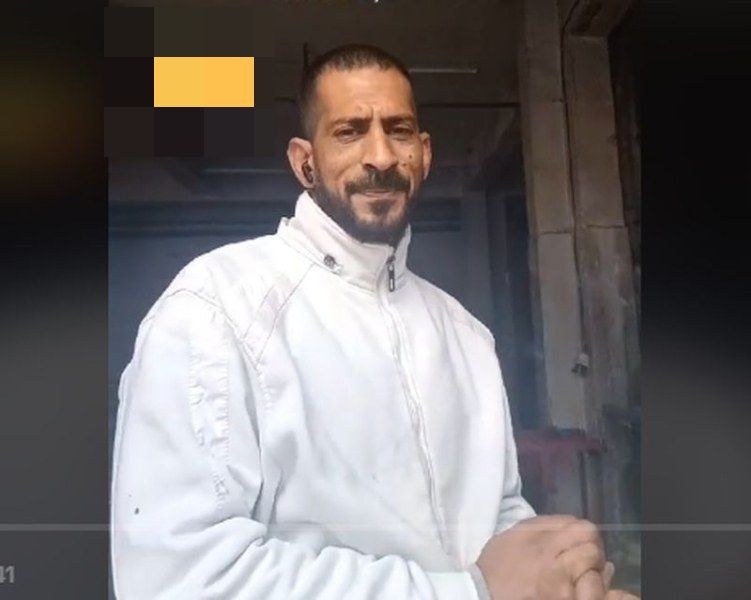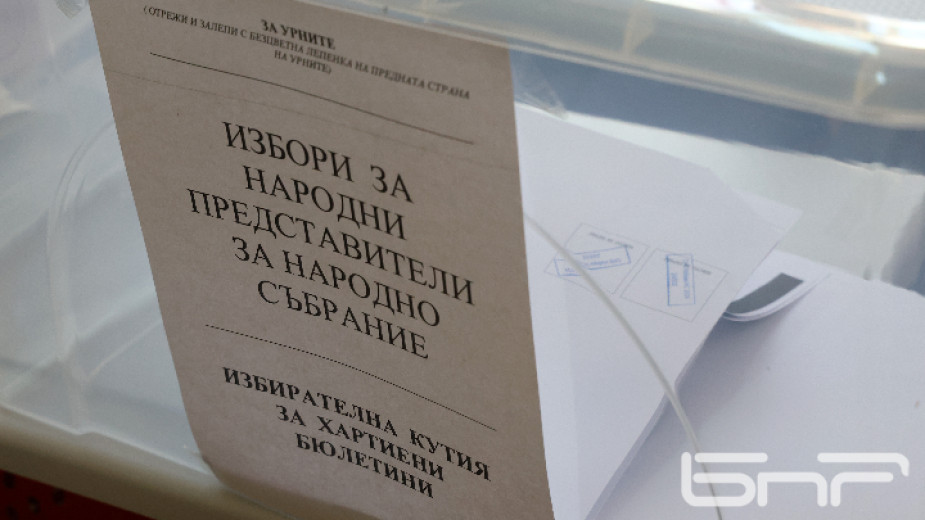In a long article, Carstens (2013) reports on the Romania trip of the Berlin district councillor Franziska Giffey. He tries to present a detailed picture of the situation on the ground, but he fails due to his preconceived belief that all Rroma want to move to Germany. He describes the representatives of the Romanian village Cojasca as caricatures but who are ultimately only interested in profit through economic relations with Germany. The mayor of Cojasca, according to Carsten, tries first to get Giffeys to agree to finance a factory with German money, then switches to asking for funds for the local school canteen and ends with offering his services in Germany as a translator. Carsten’s bottom line reasoning is simple: children’s allowances and benefits in Neukölln and in general in Germany are so high when compared with the low income in Romania, so that it provides essential stimulus for migration wherever poverty exists. He may not be wrong, but he oversimplifies the complexity of transnational migrations. He neglects questions about social cohesion of groups and communities, does not ask anything about the history of the Rroma in Romania, does not question the Romanian and German migration policies. If migration is considered only from an economical perspective as this often happens and is also Carsten’s view, questions about social integration, historicity, the role of individuals and the power of political discourse are simply neglected. Poverty migration exists, but it is not nearly as one-dimensional as Carsten’s represent it: It also takes courage to leave one’s own home behind and to travel to another country whose language you do not speak properly. Transnational relations are formed more or less depending on the structures of the participating countries and the possibilities of the involved persons. He who upholds the rules of the free market and therefore the freedom of workers should be self-critical, if he / she sees the new residents of a given country as poverty migrants from other countries who actually come as bearers of wealth and expertise. The reality is more than the just visible on the surface and certainly not just an intellectual construct.
Dernbach (2013) points out in her article the widespread pejorative views about Rroma. On the occasion of the presentation of Markus End’s findings “antiziganism – the state of research and the counter-strategies” she discusses the situation of Rroma in Germany. End points out that the stereotypes are still strong in the minds of the masses and that the thematising violence and discrimination against Rroma usually only is put in relation to events in Eastern Europe and not in their own country.
End (2013) points out in his publication about strong grievances regarding media coverage and the public abuse of Rroma. There is almost no research which focuses on antiziganism, the regulation of the press provides insufficient protection against discrimination, politicians can even make derogatory or racist remarks against Rroma without any consequences. Broad sections of the population continue to exhibit strong prejudices against Rroma, such as the belief that Rroma tend to criminality. Based on those views, discriminatory acts against Rroma occur regularly and these are seldom followed upon.
Hämerle (2013) spoke with the Romanian President Basescu on the relationship between Romania and the European Union. The conversation also covered the role of Rroma. Basescu stated: “There are virtually no problems with Romanians who emigrated, the whole debate revolves around the economic migration of the Rroma. But the Western states dare not to say this, which is why they prefer to talk about problems with Romanian immigrants. We will then make progress when they openly admit: Yes, the Rroma minority is causing problems, and we need to resolve this.” Regarding this point, Basescu seems to be poorly informed about the German, French and English media. There, this is in fact treated exactly as a Rroma problem or question. Basescu sees a reluctance of Romanian Rroma to use existing educational opportunities. Combined with the significant differences in wealth between Germany and Romania, the raises the economic migration question. To solve this migration and to better integrate the Rroma needs a pan-European solution.
Gottschlich (2013) reports on the efforts of the North Rhine Westphalia Interior Minister Ralf Jäger to better integrate the Rroma in the cities of the province. The federal government is also required to get involved, as signing of the Schengen Agreement on the free movement of persons resulted in increased migration and in the concentration of migrants in individual cities. Specifically, he called for the safeguarding of health care and the promotion of school enrolment. But efforts in the countries of origin such as Romania and Bulgaria are required.
Sources:
- Carstens, Peter (2013) Willkommen im Roma-Dorf. In: Frankfurter Allgemeine Zeitung vom 26.6.2013.
- Dernbach, Andrea (2013) Sinti und Roma beklagen Vorurteile. In: Der Tagesspiegel online vom 27.6.2013.
- End, Markus (2013) Antiziganismus. Zum Stand der Forschung und der Gegenstrategien. In: Mediendienst Integration online vom 28.6.2013.
- Gottschlich, Peter (2013) Roma-Zuwanderung: Innenminister Ralf Jäger will Städten helfen. In: RP online vom 24.6.2013.
- Hämmerle, Walter (2013) «Ja, Roma werden diskriminiert» In: Wiener Zeitung online vom 27.6.2013.







